The Liberals forge ahead: Six people to watch
Trudeau Report Card: The women and men who will influence Liberal policy in the government’s second year
Judge Marion Buller speaks after being announced as the chief commissioner of the inquiry into Murdered and Missing Indigenous Women at the Museum of History in Gatineau, Quebec on Wednesday, Aug. 3, 2016. T(Justin Tang/CP)
Share
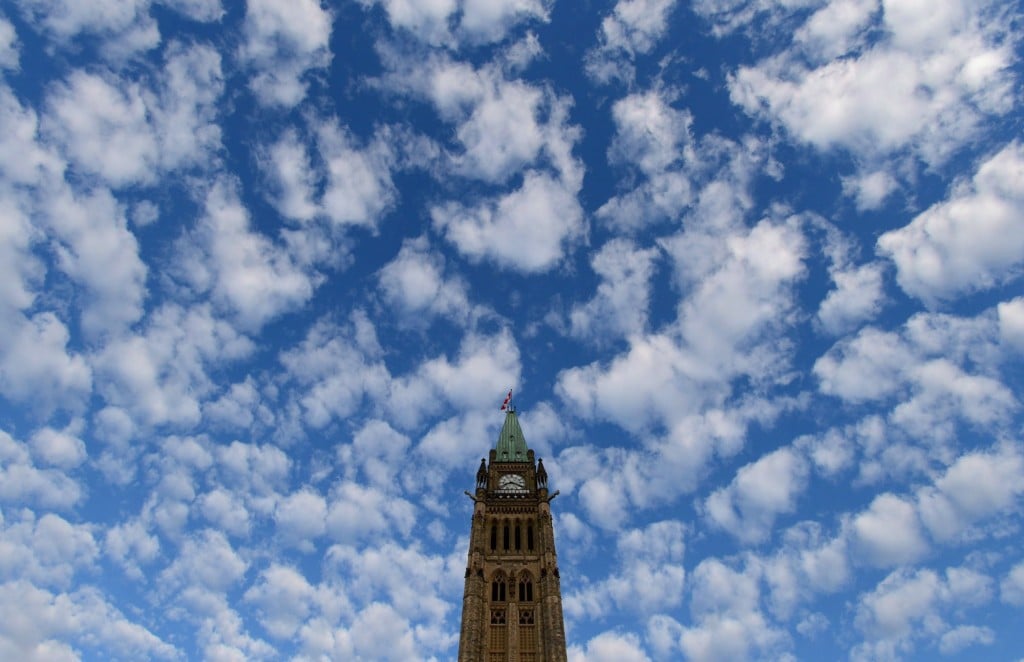
A year after a stunning majority win, Maclean’s adds up the stumbles and successes of Justin Trudeau’s government in our Trudeau Report Card. The hard work of delivering on more than 200 campaign promises—and breaking some along the way—has only just begun. Read our analysis of how the Liberals are handling security, immigration, the economy and more in our full Report Card coverage here.
The Liberal government has plenty of work left to do as it enters year two, and to know who will be involved, you have to look well beyond Justin Trudeau’s high-profile image. Here are six people who will deeply affect how the Trudeau government handles some tough files—either as leaders, defenders, policy-crafters, or opponents. As part of Maclean’s Trudeau report card, meet the change influencers.
[widgets_on_pages id=”Report Card 2016″]
1. Dominic Barton
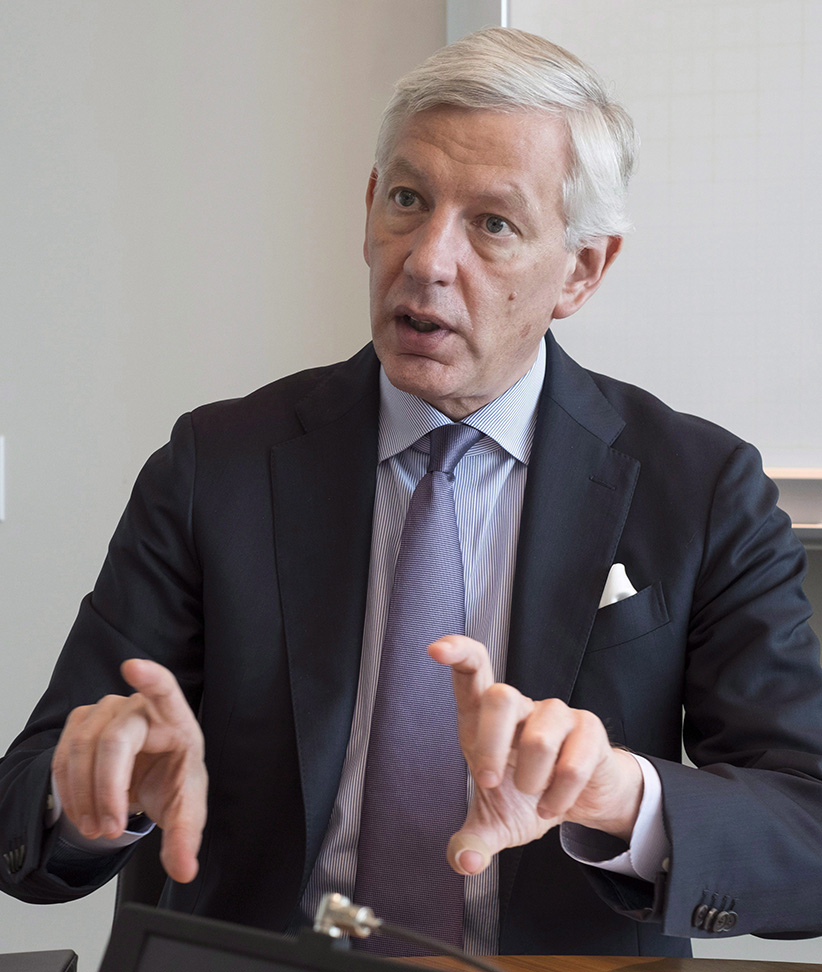
He’s not an elected official, but McKinsey & Co. managing director Dominic Barton’s opinion could shape Canada’s future more than most. As head of Ottawa’s expert panel on economic strategy, Barton has spoken in favour of a free-trade deal with China, tapping foreign capital to close Canada’s $500-billion infrastructure gap and pushing Canadian businesses to adopt a more global approach. The 14-member panel’s official recommendations are due later this year.
2. Harjit Sajjan
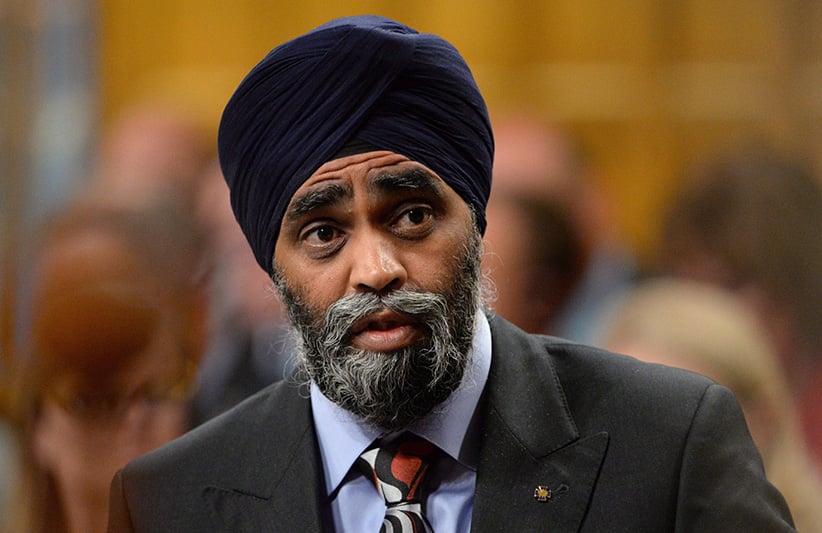
The Afghanistan war vet turned defence minister has a long list of challenging files on his desk, from fighter jet purchases to Navy shipbuilding contracts to figuring out the ideal size of the Canadian Forces—which his party vowed would be “leaner” and “more agile” in the years ahead. With troops still deployed in the fight against Islamic State, Sajjan must also decide—soon—where to send our revamped peacekeeping force, fulfilling another key campaign promise.
3. Marion Buller-Bennett
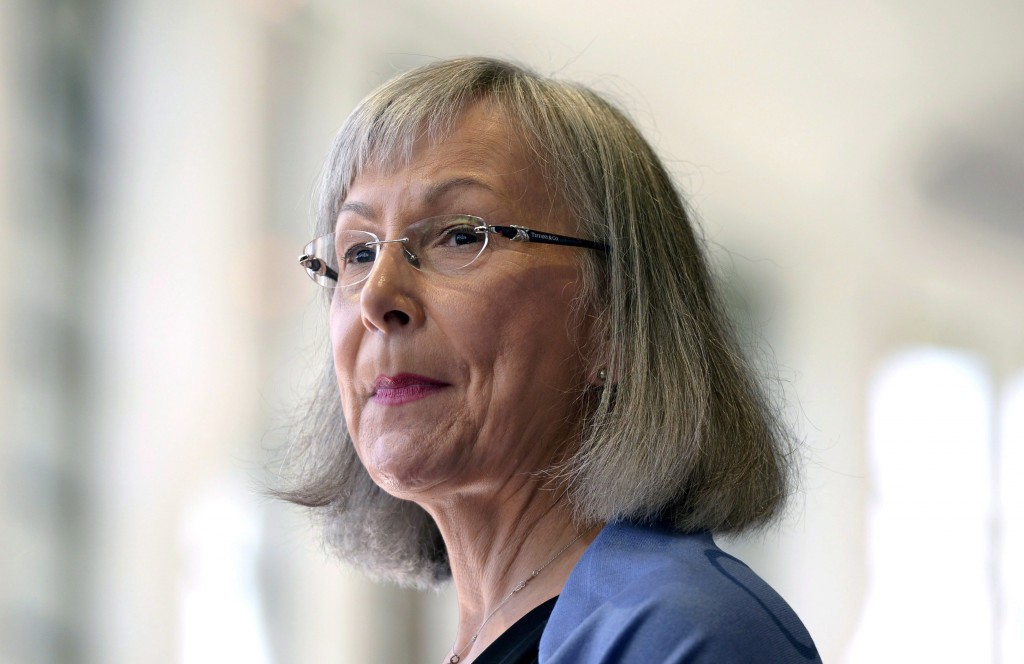
The chief commissioner of the long-awaited national inquiry into missing and murdered Indigenous women and girls is considered a rebel with a heart. As commission counsel for the 1993 Cariboo-Chilcotin Justice Inquiry, the veteran B.C. judge and member of Saskatchewan’s Mistawasis First Nation called out the justice system’s “callous” bias toward Indigenous people. On B.C.’s First Nations Court, which she created in 2009, she shows unusual compassion and care.
4. Bill Blair
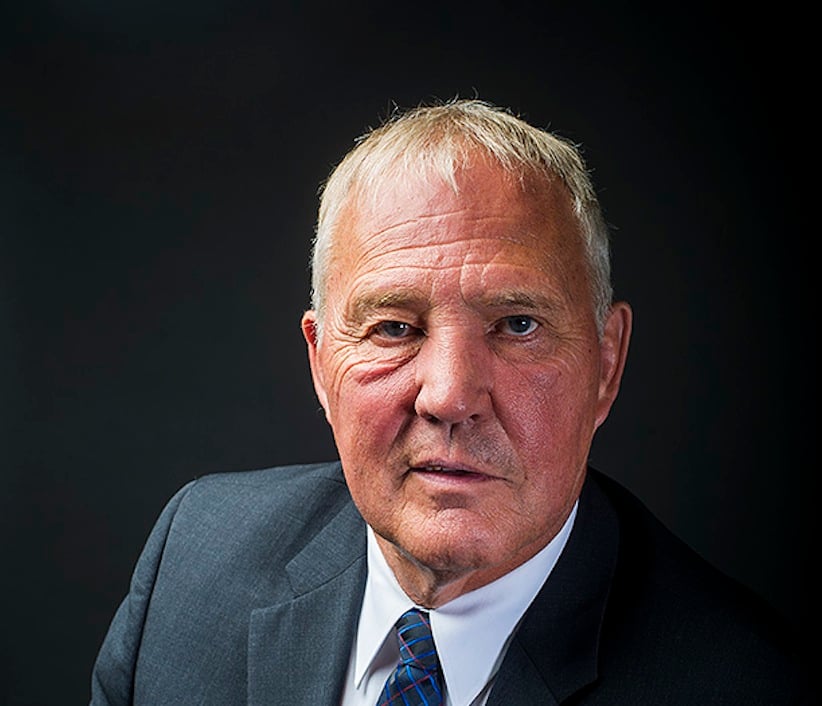
Prime Minister Justin Trudeau’s decision to put a rookie Toronto MP—who happens to also be the city’s former police chief—in change of legalizing marijuana is classic Nixon-to-China strategy. Surely a former top cop wouldn’t champion lax pot policy? Bill Blair is slated to receive a task force report on options next month, with a bill to legalize and regulate to follow next spring. He says there’s really no choice: legalizing medical marijuana made laws against smoking it for fun “almost unenforceable.”
5. Gregor Robertson
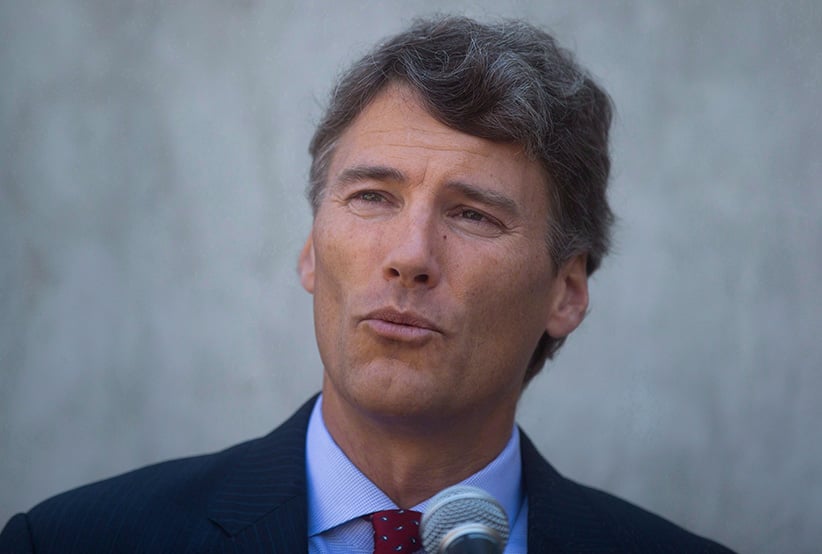
By Dec. 19, the federal government will make a decision on the Kinder Morgan Trans Mountain pipeline expansion, which would ship 890,000 barrels of crude a day through Vancouver’s port. The project was approved, with 157 conditions, by the National Energy Board in May, but Vancouver Mayor Gregor Robertson is girding for a fight. “There is no question from our analysis it’s not worth the risk,” he told a review panel hearing in August. “In fact, it’s not in Canada’s interest.”
6. Suzanne Legault
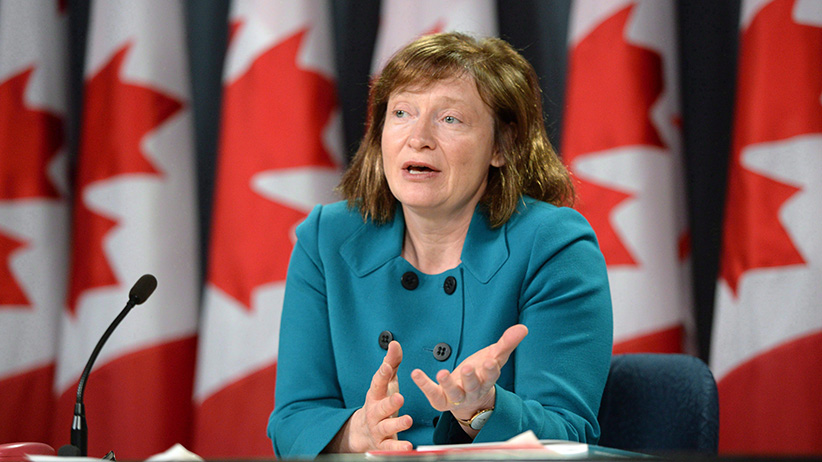
There’s little doubt about the individual whose opinion will matter most when the Liberals unveil their promised overhaul of access-to-information laws. Appointed information commissioner of Canada in 2010, Legault has emerged as a tenacious and charismatic voice for the free flow of federal data and documents. She often clashed with the Harper Tories, accusing them of unjustifiably stamping far too many files “secret.” It’s no secret the Liberals badly want her to approve of their reforms.
Maclean’s complete Trudeau Report Card:
ECONOMY: A sluggish start to delivering on promises
ELECTORAL REFORM: A long way from a breakthrough
CLIMATE CHANGE: After flexing muscle, year two will tell
SECURITY AND MILITARY: Lowering expectations
INDIGENOUS PEOPLE: A relationship sours